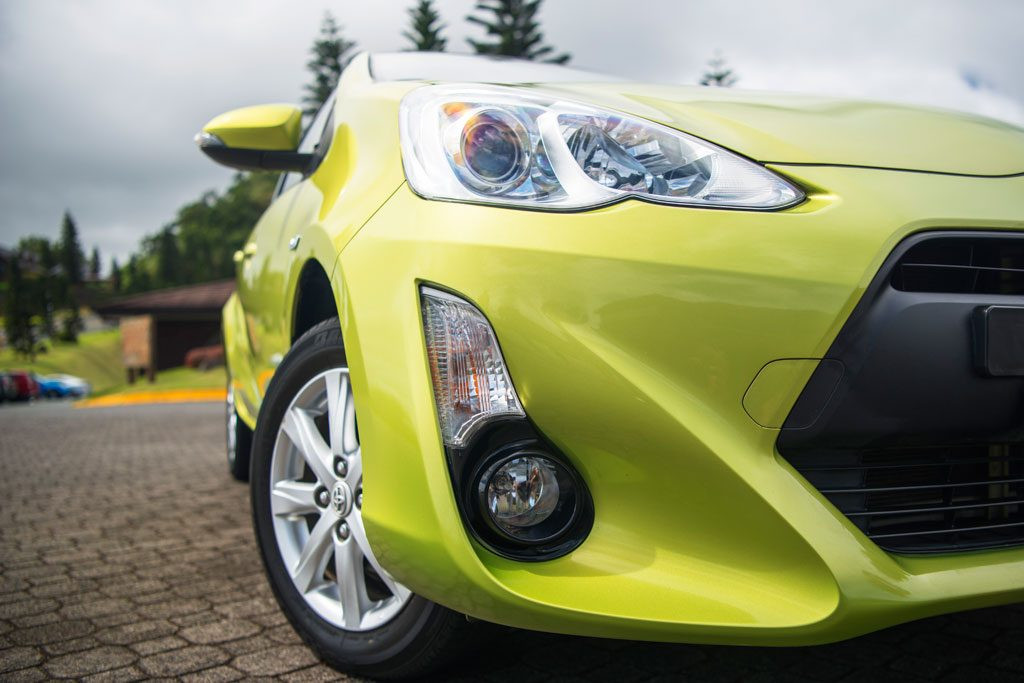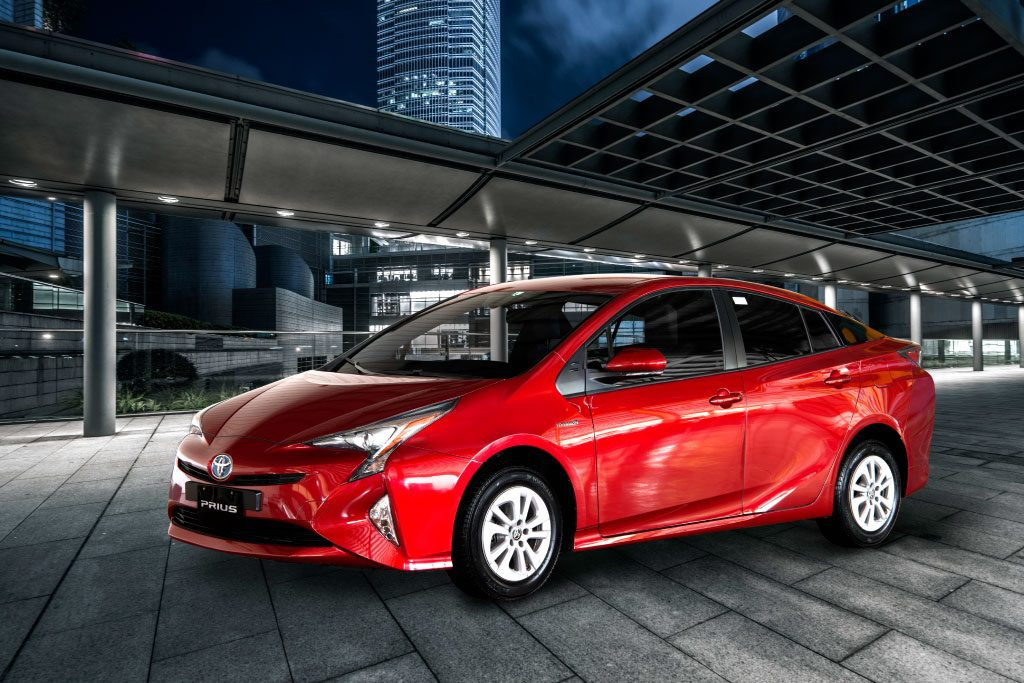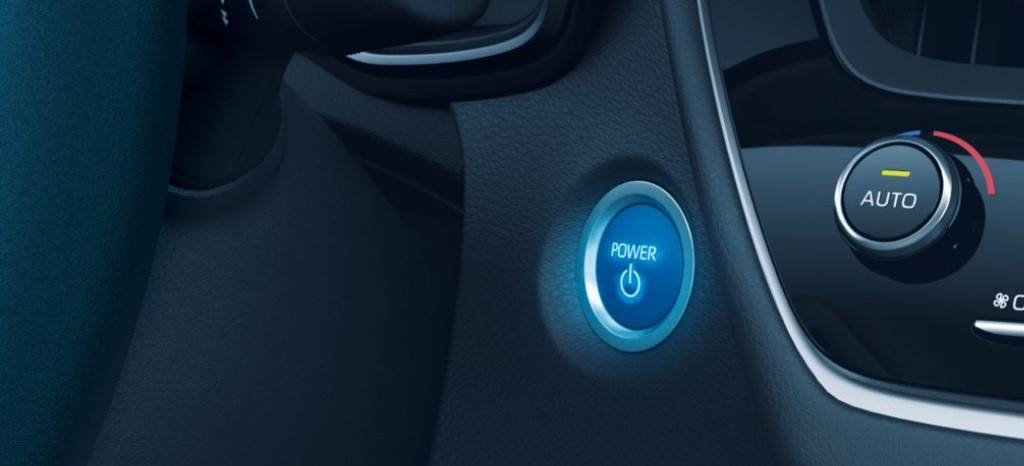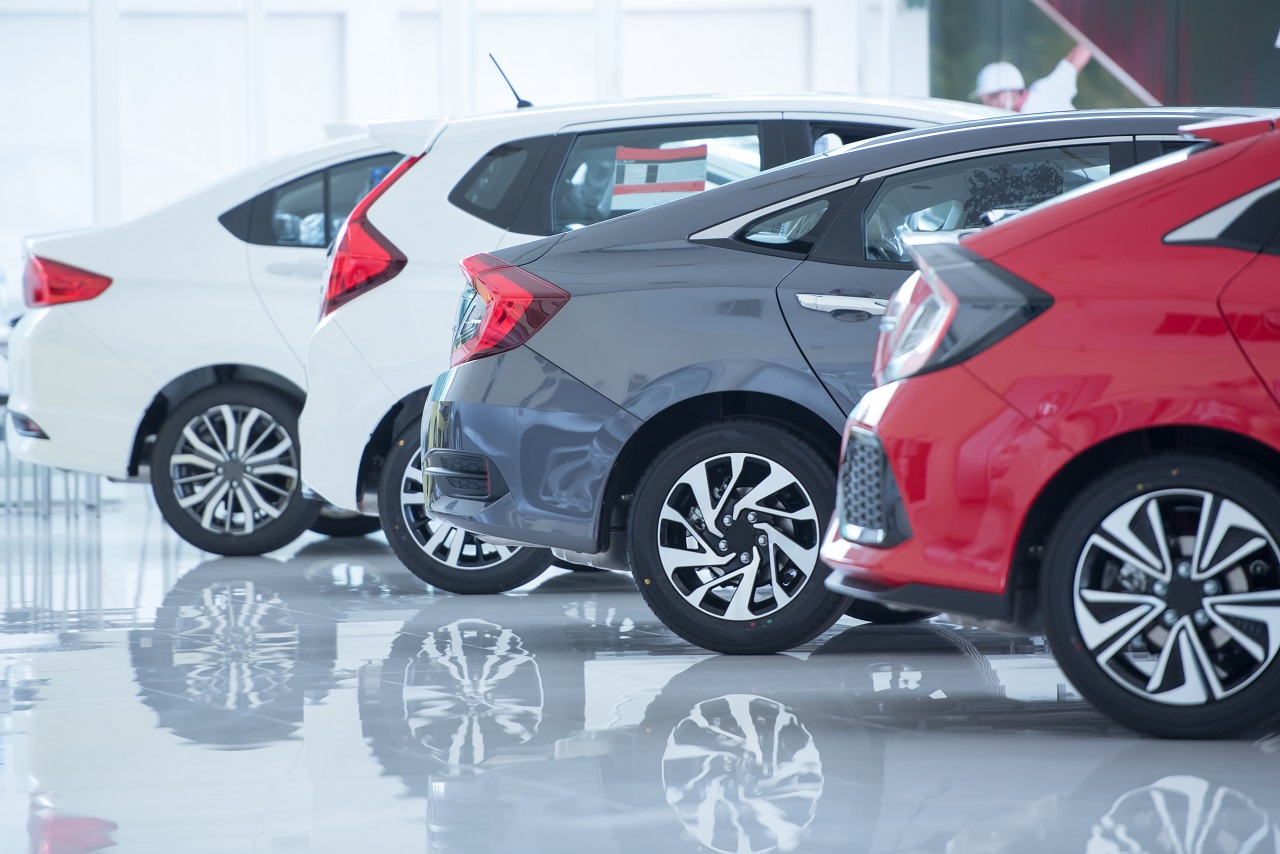What are the types of hybrid cars?
- Mild hybrid
- Full hybrid
- Plug-in hybrid
Many industries have been attempting to lessen their impact on the environment by moving away from unsustainable sources of energy such as fuel. Instead, more and more are opting for sustainable and renewable forms of energy. In particular, the car manufacturing industry has been tapping into the production of hybrid vehicles in an effort to respond to the growing demand for sustainable modes of transport.
If you’re thinking of purchasing a hybrid car, it would be in your best interest to know first the types of hybrid cars available in the market. This short and simple guide will hopefully equip you with the necessary information on the best kind of hybrid vehicle fit for you.
Mild Hybrid

If you’re just beginning to look into purchasing a hybrid car, it’s a common mistake to think that all variants are manufactured in the same way. Typically, an average person’s understanding is that a hybrid car is a vehicle that contains an electrically-powered engine. However, this statement is only true to an extent, as there are different types of hybrid vehicles depending on the engine’s reliance on fuel and electricity.
While it contains an electric engine, a mild hybrid electric car is mainly still powered by gasoline. The effects of the electric engine can be greatly taken advantage of when the car is simply cruising. Through a method known as regenerative braking, the engine is able to produce electrical energy. This recharges the battery and helps unburden the load off the gasoline engine.
Full Hybrid

A mild hybrid vehicle involves simultaneous, albeit unequal, effort from both the electric and the gasoline-powered engine. A full-hybrid vehicle involves more effort from the electrical engine.
In full hybrid cars, gasoline engines are generally smaller. Unlike mild hybrid vehicles, the full hybrid vehicle’s electrical engine adapts to the driving conditions. A mild hybrid vehicle can only take advantage of the electric engine when the car is on cruise control. For example, when driving in the city, the gasoline engine only acts as an assistant to the electric engine. Drivers are able to utilize more of the electrical engine’s power compared to the gasoline engine.
The two main kinds of full-hybrid engines are the series hybrids and the parallel hybrids. With series hybrids, the gasoline engine is used only to charge the electric battery. On the other hand, both the electric and the gasoline engine work to power the vehicle in parallel hybrids.
Plug-in Hybrid

Based on the name itself, a hybrid vehicle’s battery is recharged by plugging it into a 120-volt outlet. Unlike the previous two types of electric vehicles, a plug-in hybrid can operate almost completely through electrical power alone. The previous two still predominantly rely on gasoline to power the car.
Because this type of vehicle can rely solely on electrical energy, the engines tend to be more complicated compared to their previous counterparts. These types of hybrid cars are also usually more expensive because of the sole reliance on electrical engines. It would be helpful for you to also consider this factor when buying a hybrid car.
Key Takeaway
If you’re on the fence about what kind of hybrid vehicle to buy, you should first equip yourself with adequate knowledge of the different types that currently exist. Depending on many factors such as budget, driving conditions, and driving habits, choosing the right type of vehicle might initially pose a challenge for you. Hopefully, this guide on the different types of hybrid cars has given you some level of clarity on the version that is most fitting for you.

